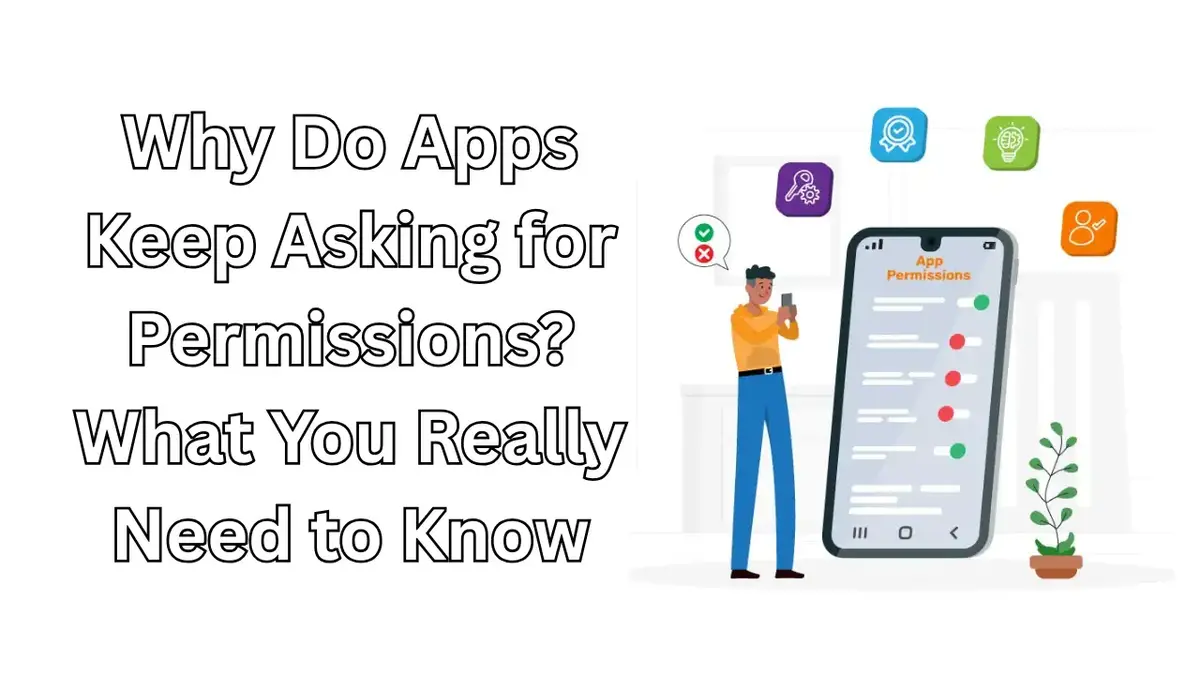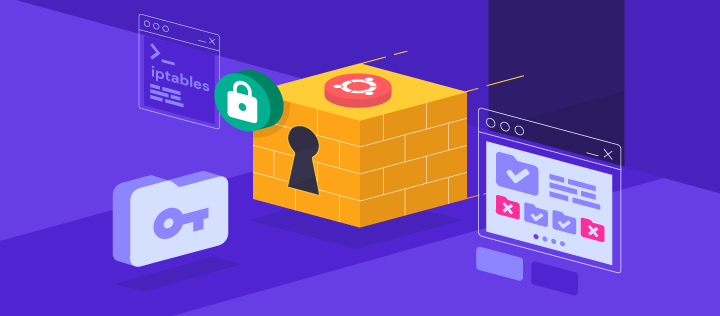In today’s hyper-connected world, Why Do Apps Keep Asking for Permissions? it feels like every app you install immediately bombards you with a long list of permission requests. Whether you’re downloading a productivity tool, a social networking platform, or a casual game, you’ll likely see pop-ups asking to access your contacts, location, camera, microphone, storage, and more.

This phenomenon is not accidental. As someone who has spent years observing digital trends and advising businesses on user trust and data transparency, I believe it’s crucial to demystify why these permissions matter, when you should allow them, and when to think twice.
Let’s break it down in simple terms.
The Real Reason Apps Ask for Permissions
Many users think apps are simply “being nosy,” but permissions exist to enable core functionality. For example:
- Messaging apps need access to contacts so you can find friends.
- Navigation apps require your location to give directions.
- Photo editors must access your gallery to let you edit images.
Permissions are how apps interface with the capabilities of your device. Without granting them, the app may not work as intended.
However, there’s a deeper layer you need to understand—data collection and monetization.
Data Is the New Currency
It’s no secret that many free apps generate revenue through data. Your personal information, behavior patterns, and preferences can be packaged into anonymized profiles and sold to advertisers or analytics partners.
This is why you’ll sometimes see an app requesting permissions that seem excessive for its stated purpose. For example, why would a flashlight app need access to your location? Usually, it doesn’t—it’s about collecting valuable data to build a marketing profile.
As a best practice, always ask yourself:
Does this permission request make sense for what this app does?
If the answer is no, be cautious.
The Most Common App Permissions Explained
Here are the permissions you’ll encounter most frequently and what they mean:
- Location: Where you are in real-time. Used for maps, delivery apps, weather forecasts—and advertising.
- Camera: Needed for video calls, QR code scanning, or photo capture.
- Microphone: Required for voice messaging, calls, or voice search.
- Contacts: Enables the app to find other users you know.
- Storage: Lets the app save or retrieve files.
- Phone: Access to call logs or manage phone calls.
Each of these can be exploited if misused, which is why modern operating systems now allow you to grant permissions selectively or only while using the app.
Why Do Permissions Keep Reappearing?
Even if you’ve denied permissions once, you might see repeat requests. Here’s why:
- Updates Reset Settings
An app update may include new features requiring fresh permissions. - Persistent Requests
Developers sometimes design apps to keep prompting in hopes you’ll eventually accept. - Operating System Changes
New Android or iOS versions may introduce more granular permission controls, triggering new pop-ups.
How to Protect Yourself Without Breaking Apps
You don’t need to reject everything—just be smart about what you grant. Here are my recommendations:
✅ Review Permissions at Installation
Read the list carefully before tapping “Allow All.”
✅ Use “Allow While Using the App”
Many apps work fine without full-time access to location or microphone.
✅ Audit Permissions Regularly
Go into Settings > Apps > Permissions and see what’s enabled. Revoke anything unnecessary.
✅ Watch for Red Flags
Apps with poor reviews or unclear ownership may misuse your data.
✅ Install From Trusted Sources Only
Google Play and Apple’s App Store vet apps for malware and suspicious behavior.
The Bigger Picture: Balancing Convenience and Privacy
Many users feel that managing permissions is annoying. But ultimately, this process exists to protect your data.
Think of permissions as your digital locks and keys. You wouldn’t hand a stranger the keys to your house without understanding why they need them. The same principle applies to your smartphone.
The more you know about how your data flows, the better you can make decisions that balance convenience with control.
Final Thoughts from Hassan Zia
As Director SEO XOOM, I work with brands striving to build transparent relationships with users. In my view, the future belongs to businesses that embrace privacy by design rather than treating it as an afterthought.
Consumers are more informed today than ever. They expect clarity, not trickery. If you develop apps, be upfront about why you request each permission. And if you’re a user, don’t feel pressured to say “yes” to everything.
Every permission is an invitation into your personal space. Grant access with the same care you’d use to guard your front door.
Stay informed, stay in control, and keep your data safe.
About the Author:
Hassan Zia is Director at SEO XOOM, an expert in digital marketing, privacy-first strategies, and user engagement. He writes regularly about the intersection of technology, trust, and data ethics.
By Hassan Zia, Director SEO XOOM



